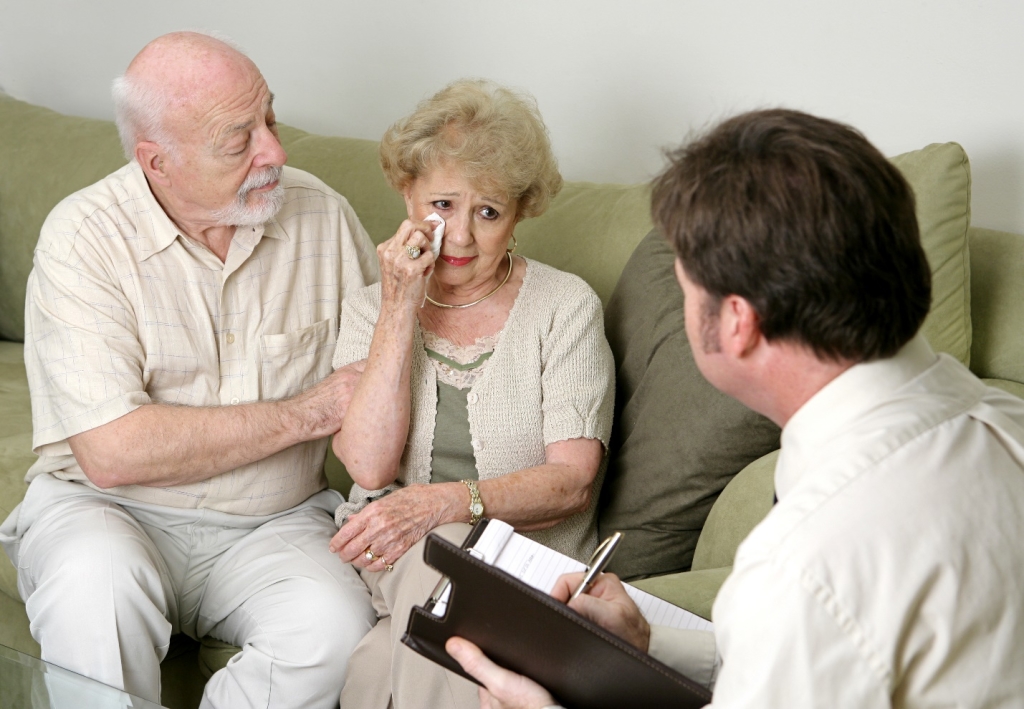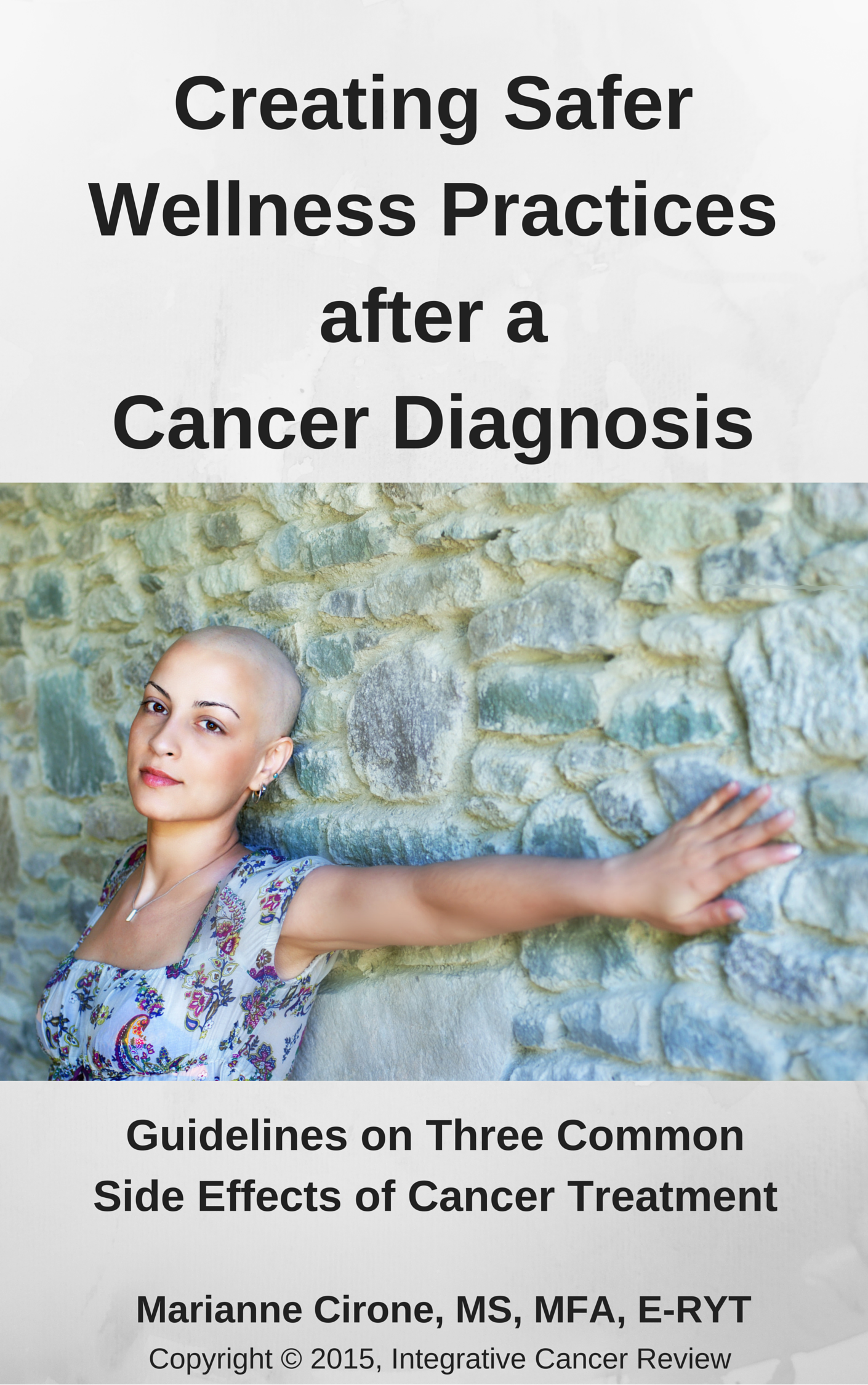
Psychosocial Cancer Support: Improving Care for People Affected by Cancer
“Meeting with the counselor at the cancer center made all the difference for me after I was diagnosed with cancer. She was caring, compassionate and a great listener. She knew how to help me address the complex situation that I was going through.”
— Margaret, age 65, colon cancer survivor
Increasingly, the oncology community acknowledges that cancer care involves more than physical care.
In the 2008 publication by the Institute of Medicine, Cancer Care for the Whole Patient: Meeting Psychosocial Health Needs, the authors asserted that despite remarkable advances in biomedical care, that there were serious issues in the way that psychosocial needs of cancer survivors and caregivers were being addressed.
Psychosocial problems can: adversely affect health, increase risk for emotional suffering, diminish adherence to treatment, impair work and social functioning, and cause additional threats to health beyond those directly imposed by the cancer. Additionally, these risks are higher in populations already experiencing stressors such as poverty, limited education, language barriers and/or membership in an ethnic or cultural minority.
As a result of these findings, in 2012 the Commission on Cancer (CoC), a program of the American College of Surgeons, implemented Psychosocial Distress Screening guidelines as a new standard, with phase-in by 2015 for all cancer programs.
The guidelines require that all cancer programs offer continuum of care services to assist cancer patients, families, and caregivers in moving or “navigating” through the gaps and barriers to quality cancer care throughout their cancer journey. These guidelines specifically require all cancer programs to provide distress screenings for patients being treated for cancer to identify areas where interventions may be required.
Risk Factors for Cancer-Related Distress: NCI Reports
According to the National Cancer Institute, 40% of cancer patients report significant distress. Patients with lung, pancreatic, and brain cancers seem more likely to report distress, but in general, type of cancer is only modestly associated with distress.
Predictors of distress can include problems with housing, children, partners, moods and other physical ailments. Treatment side effects during treatment can also be a major factor in predicting posttreatment distress, as found in a study by Jim, et al, published in a 2007 edition of the Annals of Behavioral Medicine.
In addition, other variables associated with posttreatment cancer-related distress included:
- Younger age
- Nonwhite racial status
- Less formal education
- Having a mastectomy rather than lumpectomy
- Receiving hormonal treatment
- The presence of a diagnosable mental disorder at the time of recruitment into the study
A study by Dupont, et al, published in Health Psychology in 2014 found that breast cancer survivors who experienced higher levels of cancer-related intrusive thoughts in the weeks after completion of cancer treatments were more likely to report higher levels of psychological distress, more severe physical symptoms, and worse quality of life over the following year.
Psychosocial Oncology Support
Psychosocial specialists in cancer care are concerned with treating the social, psychological, emotional, spiritual, quality-of-life and functional aspects of cancer, from prevention through bereavement. As noted above, many of the distress causing variables for people dealing with cancer are beyond the scope of just the cancer itself.
Many types of psychosocial resources help people dealing with cancer-related distress, including the following:
- Group, couples or one on one counseling may be very helpful for people facing a cancer diagnosis.
- Support groups are another way that people can share ideas and feelings in a safe environment.
- Caregivers also deal with a tremendous amount of stress and should have access to an array of resources to help.
- Grief counseling and support groups can provide tremendous support to people dealing with the loss of a loved one.
- Peer to Peer Support can provide a supportive relationships with volunteers who have gone through similar circumstances.
Psychosocial Oncology Resources
Many communities provide psychosocial oncology services at varying fee schedules. Some cancer centers offer free counseling or group support. The American Psychosocial Oncology Society (APOS) offers a toll-free helpline, which is a national resource to help people with cancer and their caregivers find emotional support in their own communities. This referral program is a part of the Cancer Support Helpline®, which is affiliated with the Cancer Support Community (CSC).
The CSC has a database of 1,000 providers nationwide who offer counseling services specifically for people affected by cancer. This program helps to connect cancer patients, their caregivers and advocacy organizations with psychiatrists, psychologists, nurses, social workers, and counselors skilled in the management of cancer-related distress.
Oncologists’ offices and hospital-based social workers should be able to provide guidance on local resources as well.
See more on Psychosocial Support:
- Developing Culturally Inclusive Programming at a Cancer Resource Center By Jill Setork, MS, LCPC
- Tips for Preparing for a Mastectomy and Other Surgeries
- Book Review of Radical Remission: The Nine Key Factors that Make a Real Difference for Cancer Patients
- Radical Remission Author Dr. Kelly Turner on Key Factors for Cancer Patients
- Kelly Turner, PhD on Cancer, Ayurveda, Personalized Medicine and Radical Remission
- Cancer Harbors: Filling the Gap in Survivorship Plans after Cancer Treatment with Alene Nitzky, Ph.D., RN, OCN ®














